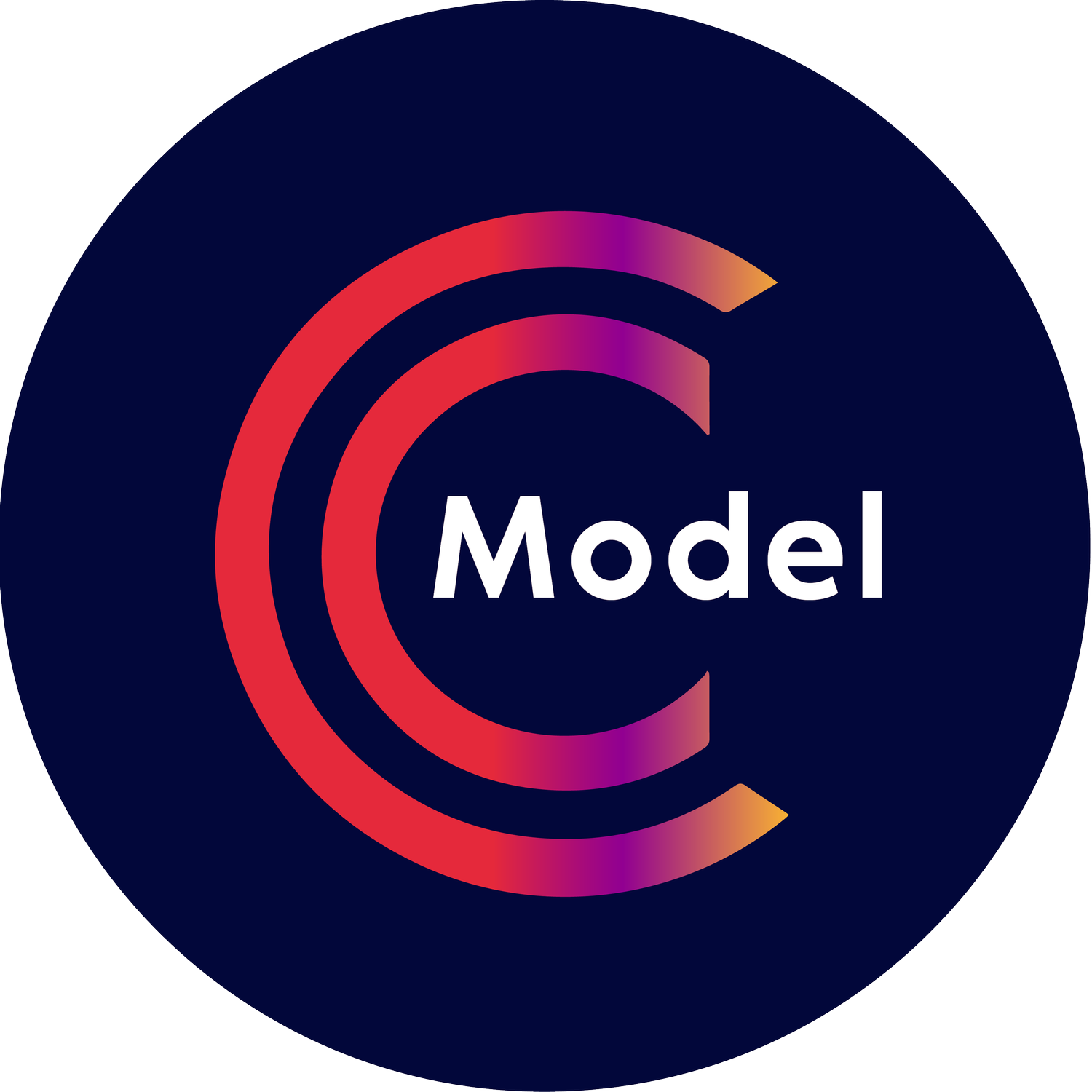Understanding Decision Intelligence: A Beginners Guide
Not everyone is familiar with the world of Decision Intelligence (DI), so we're here to provide a beginner's guide to help you get up to speed with everything you need to know.
Understanding the intricacies of decision intelligence is becoming increasingly essential. From business strategies to personal choices, decision-making shapes our lives in profound ways. But what exactly is decision intelligence? And how can it empower individuals and organizations alike? Let's embark on a journey to unravel the fundamentals of decision intelligence in this beginner's guide. Let's get started…
Demystifying Decision Intelligence
At its core, decision intelligence is about making better decisions.
It combines the fields of decision theory, psychology, data analytics, and artificial intelligence to optimize decision-making processes. Decision intelligence helps both individuals and enterprises to confidently negotiate complexity, reduce risks, and capture opportunities by utilizing data-driven insights and cognitive science principles.
The Building Blocks of Decision Intelligence
Data Collection and Analysis: The first step in decision intelligence is obtaining pertinent information from multiple sources. Thorough data gathering establishes the basis for well-informed decision-making, regardless of the subject matter being examined—market trends, consumer preferences, or internal performance measures.
Understanding Decision Context: Making decisions requires context. Analyzing the situational elements, restrictions, and goals that affect a decision is the process of decision intelligence. People can adjust their tactics to get the best results by having a thorough awareness of the decision environment.
Risk Assessment and Management: Evaluating the possible dangers and uncertainties connected to various options is part of decision intelligence.
Human Judgment and Behavioral Insights: Despite the advancements in technology, human judgment remains central to decision-making. Decision intelligence incorporates insights from behavioral economics and psychology to understand how cognitive biases and heuristics influence decision-making. By acknowledging these biases and promoting rational decision-making processes, decision intelligence helps improve the quality of decisions.
Iterative Learning and Adaptation: Decision-making is not a one-time event but a continuous process of learning and adaptation. Decision intelligence embraces iterative approaches, allowing individuals and organizations to learn from past decisions and refine their decision-making capabilities over time.
Benefits of Decision Intelligence
1. Enhanced Decision Quality: DI aims to improve the quality of decisions. By integrating data analytics, predictive modeling, and behavioral insights, decision-makers can make informed choices backed by evidence and logic. This results in more effective strategies, better outcomes, and reduced likelihood of costly mistakes.
2. Increased Efficiency and Productivity: Decision-making procedures are streamlined by DI, which gives decision-makers instant access to actionable insights. Organizations can increase productivity, streamline processes, and improve efficiency by automating repetitive tasks, allocating resources optimally, and locating bottlenecks.
3. Risk Mitigation and Resilience: Managing risks is paramount. With the use of vulnerability analysis, scenario planning, and potential result analysis, DI helps businesses to proactively assess and reduce risks. This encourages resilience and gives organizations the confidence to face obstacles head-on.
4. Data-Driven Innovation: Organizations may detect new trends, find hidden patterns, and produce actionable insights by utilizing machine learning and sophisticated analytics algorithms. This encourages innovation by giving businesses the ability to foresee changes in the market, create new goods and services, and outperform rivals.
5. Customer-Centric Decision Making: With the help of DI, you can efficiently collect and evaluate customer data to learn important details about the attitudes, preferences, and behavior of their customers. This makes it possible for businesses to improve client experiences, customize marketing efforts, and customize their offers.
6. Adaptive and Agile Strategies: Organizations can experiment with various techniques, learn from feedback, and make real-time adjustments to their approaches by adopting iterative learning cycles. This encourages adaptability, makes it possible to react quickly to shifting market conditions, and makes it easier to continue improving.
7. Strategic Alignment and Collaboration: Effective goal alignment, effort coordination, and progress toward common goals are made possible for stakeholders by DI, which offers a common framework for decision-making and promotes open communication.
DI becomes an invaluable resource for both individuals and companies. Organizations may improve decision-making, spur innovation, reduce risks, and achieve sustainable growth by utilizing DI's advantages. Let's embrace the revolutionary potential of Decision Intelligence to design a better future as we traverse the opportunities and difficulties of the digital age.
Empowering Better Decisions
In a time of unparalleled intricacy and unpredictability, decision intelligence surfaces as a potent instrument for maneuvering through the trials of the contemporary world. People and organizations can improve their decision-making skills and open up new avenues for growth and innovation by adopting data-driven insights, cognitive science concepts, and adaptable tactics. Let's embrace the revolutionary power of informed decision-making to create a better future as we set out on this adventure to understand decision intelligence.
So, are you ready to elevate your decision-making game with decision intelligence?
Let's embark on this exciting journey together!

